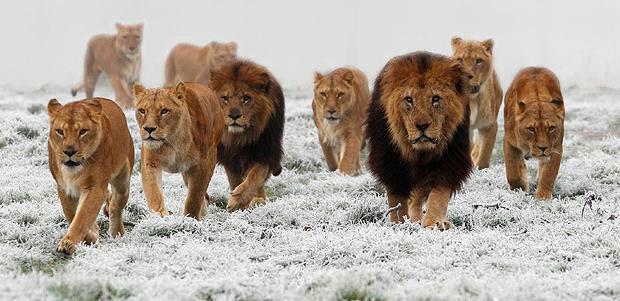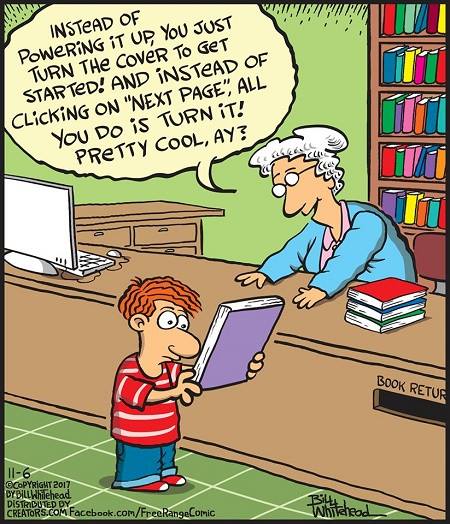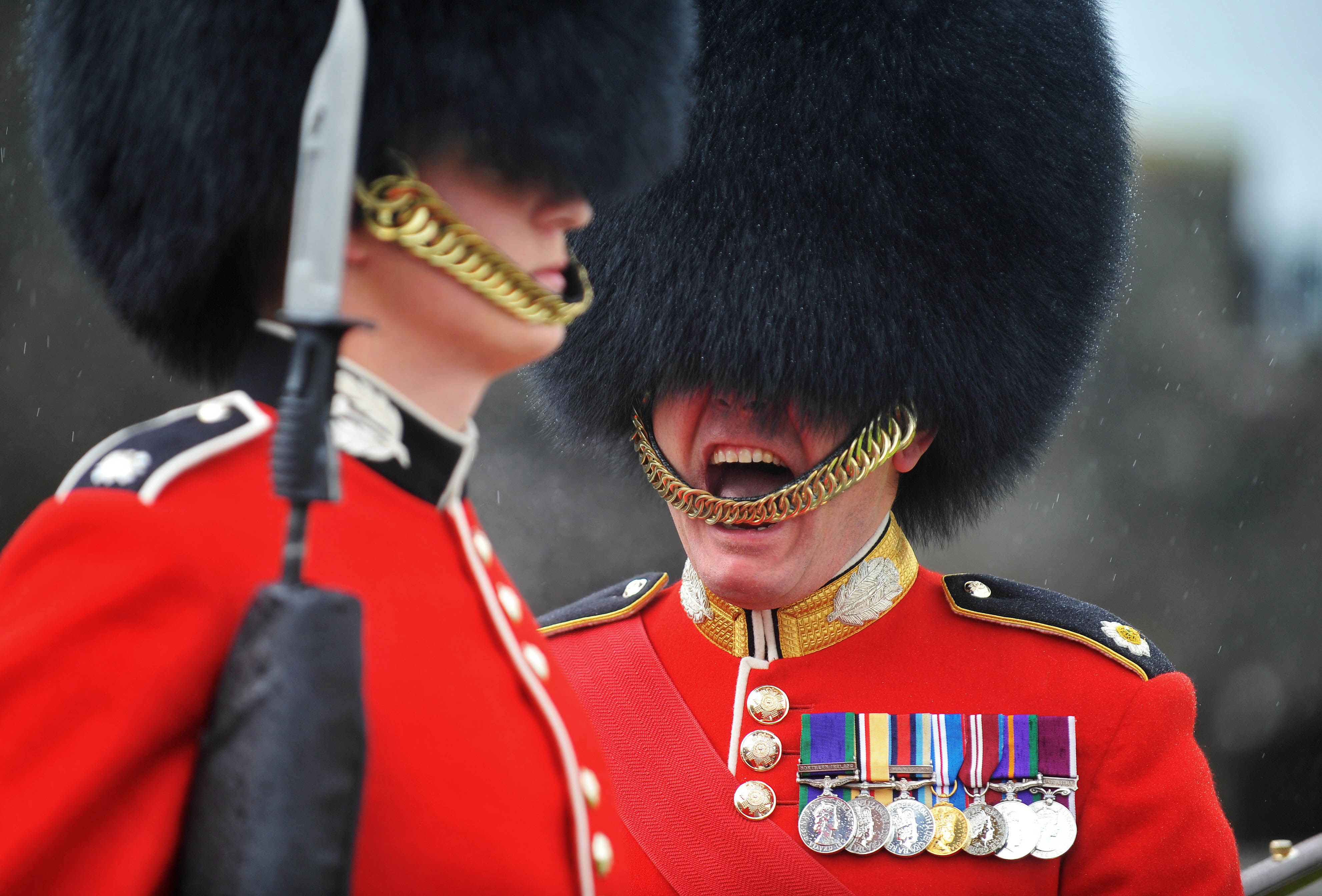Do you need to be a specialist or a generalist?
Articles
Magazine Articles
Normal service may NOT resume!
We have all this modern technology, but ……………….. I love reading books – good old fashioned hardback books. They appeal to one’s senses - they‘re tactile, they rustle when you turn the pages and they smell like a book, which is more than can be said for an Ipad or...
Parents Teenagers just don’t understand
"Duh!, Mom you just don't ged id!" - Well actually you do, and they don't. By Mike Jackson The Teenager perspective Powerful technologies such as neuroimaging and advanced brainwave scanners have shown that adolescent brains undergo considerable structural change...
STAND STILL! YOU ‘ORRIBLE LITTLE MAN!
Life's lessons are tough! I can still recall Staff Sergeant Kirk screaming, “STAND STILL you ‘orrible little man…..So what!! Wot you goin’ to do NOW Sir?”. As I think back now, I can’t help but smile and remember that whilst it was hard and tough ….bloody...




